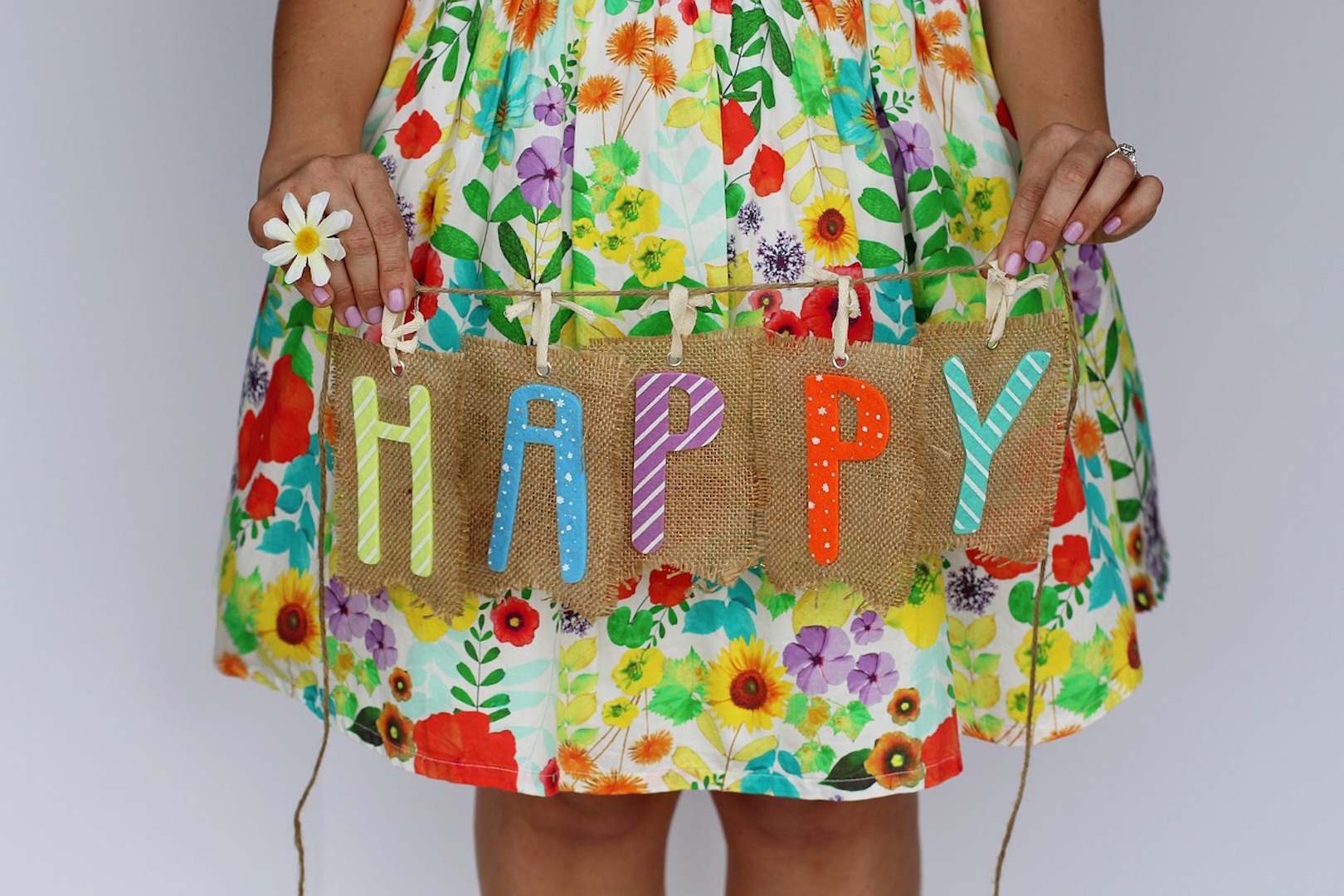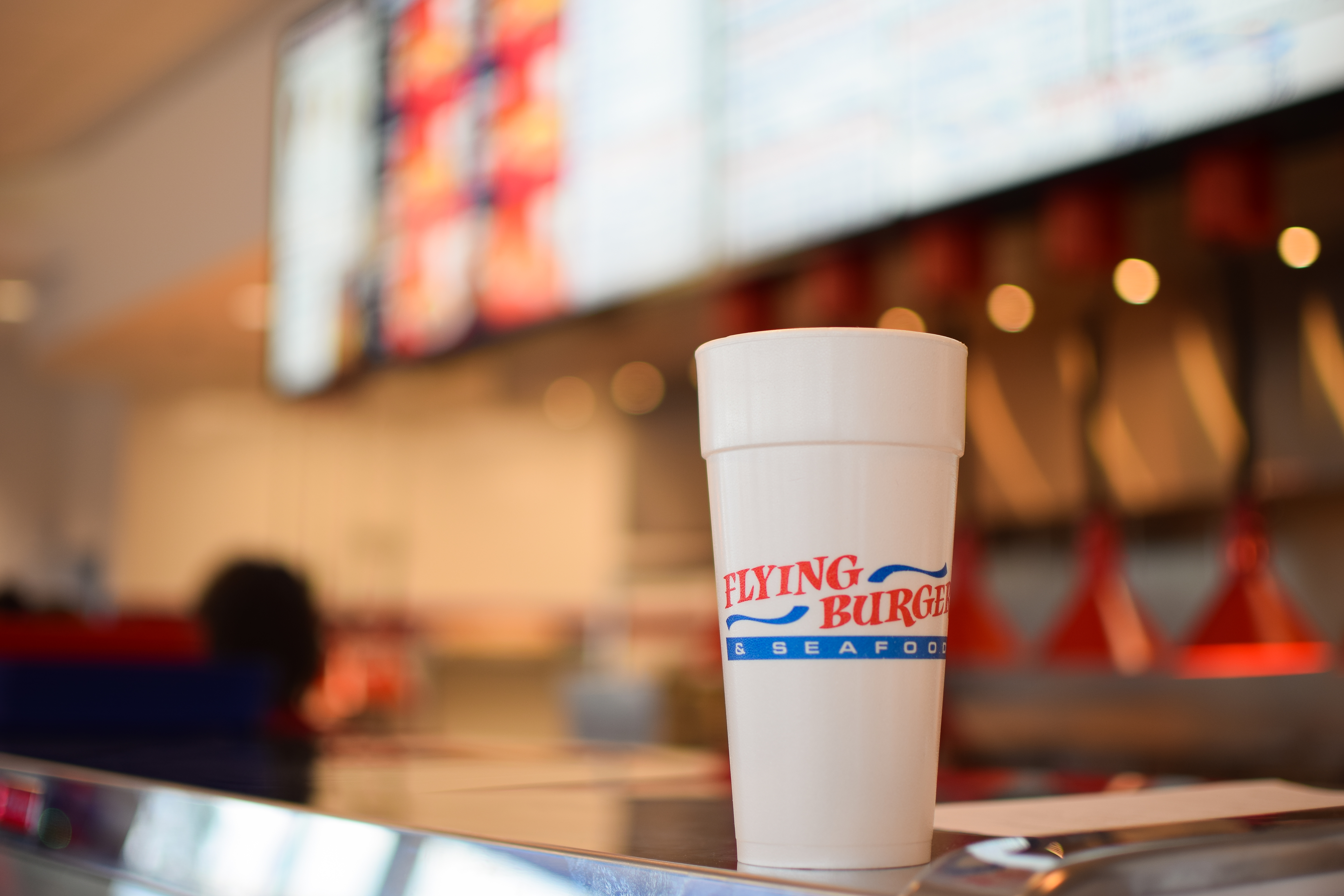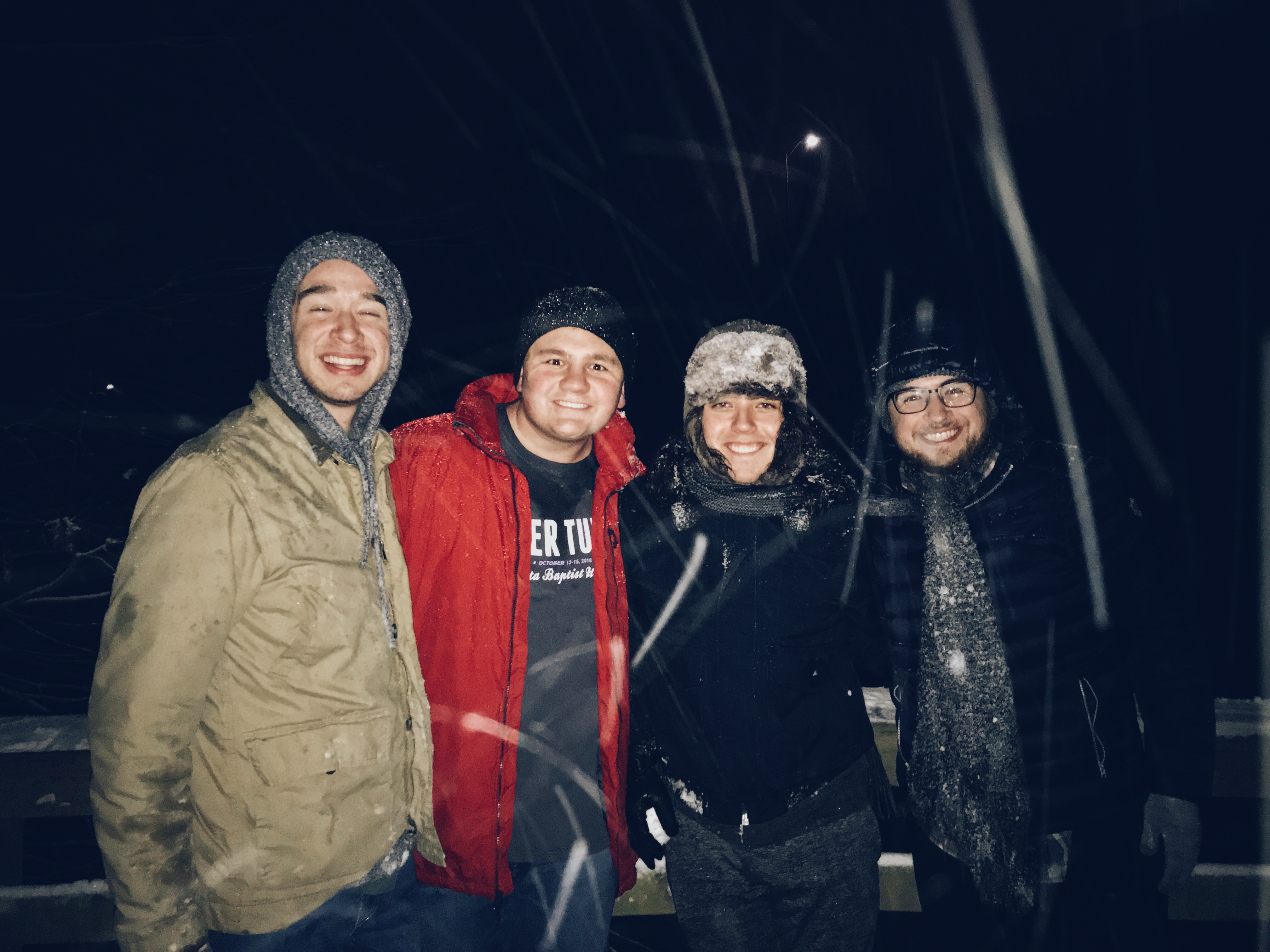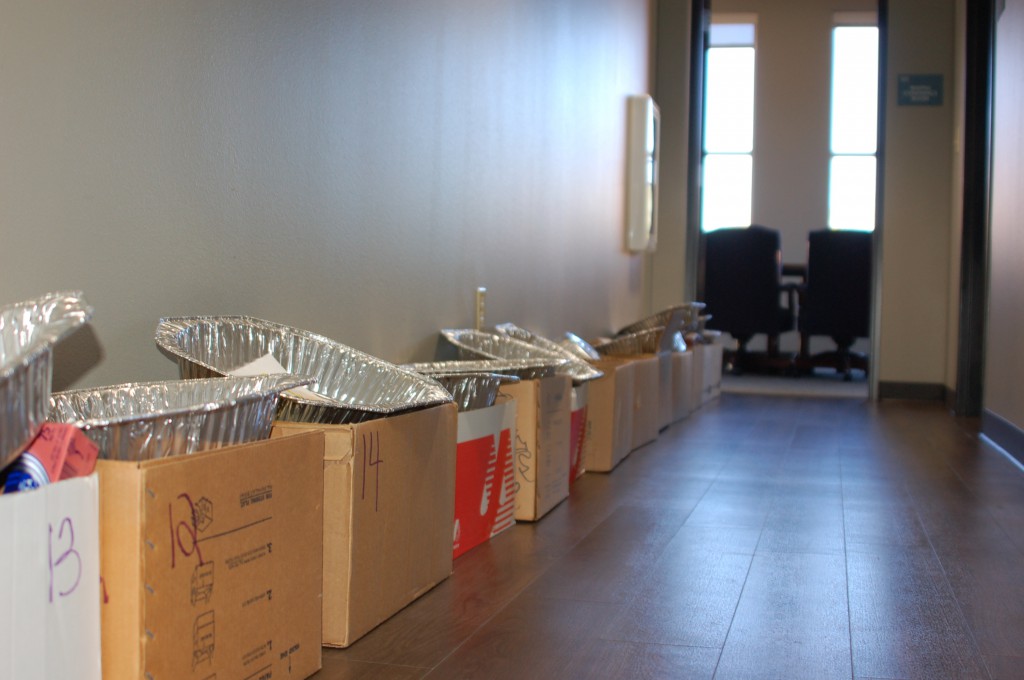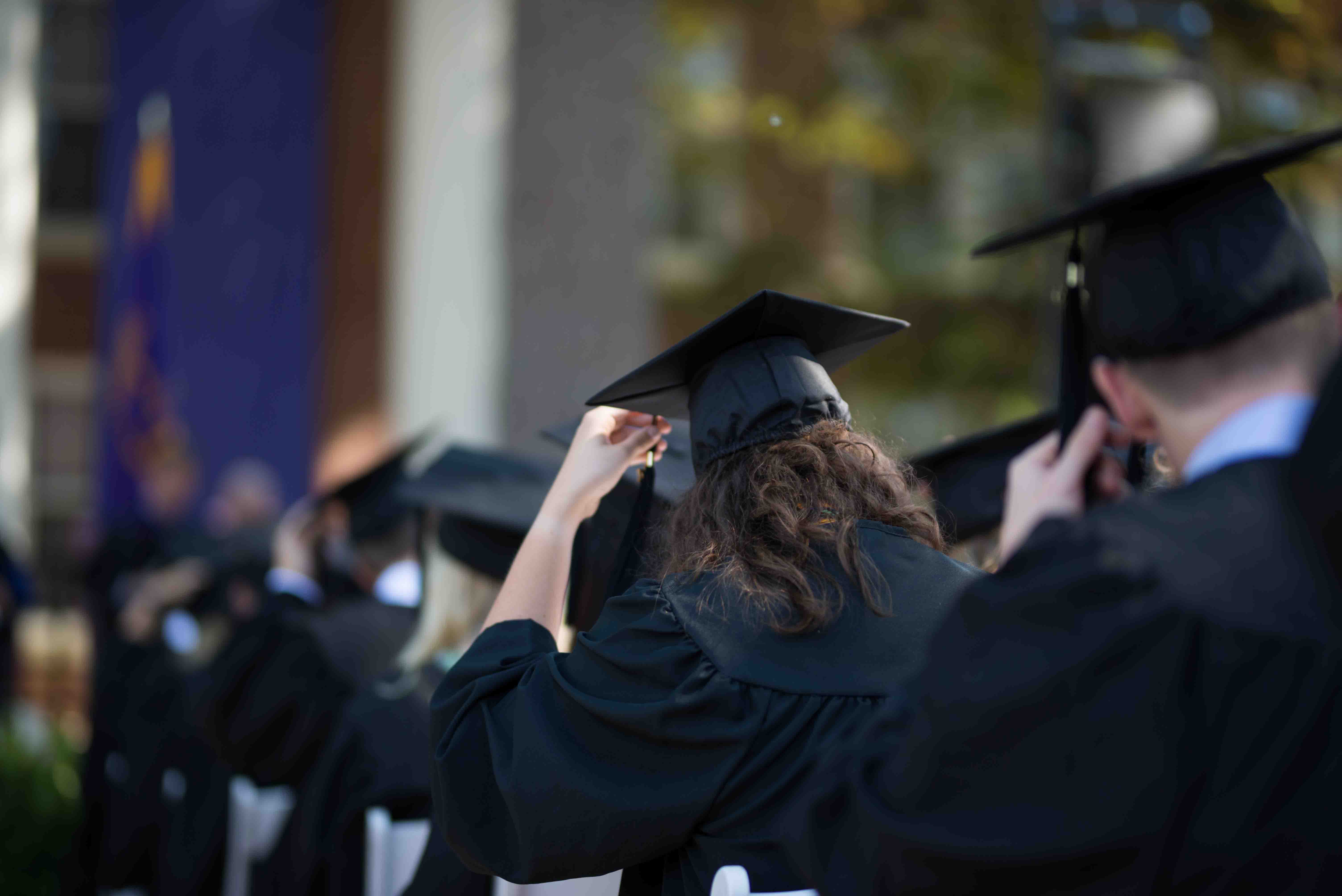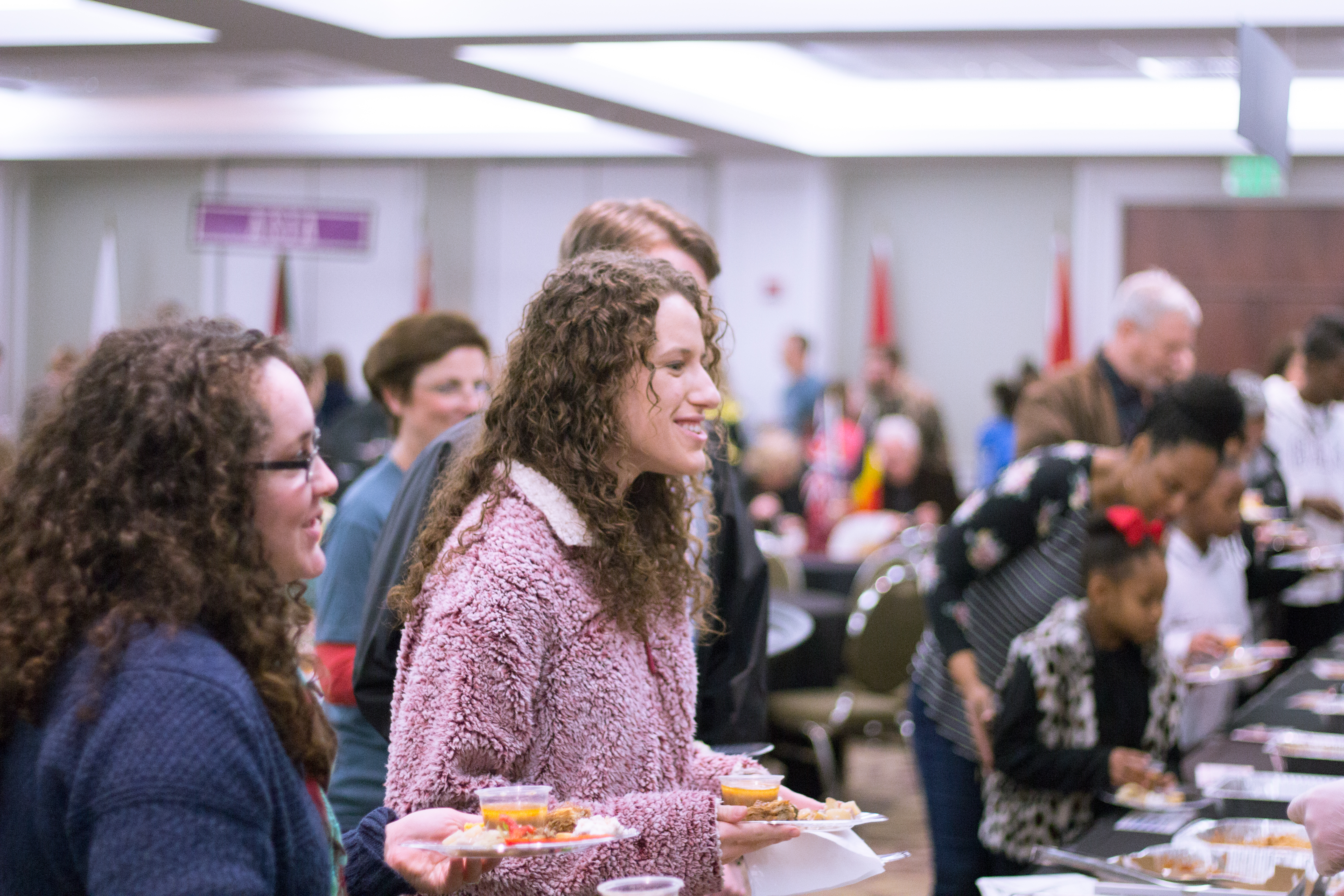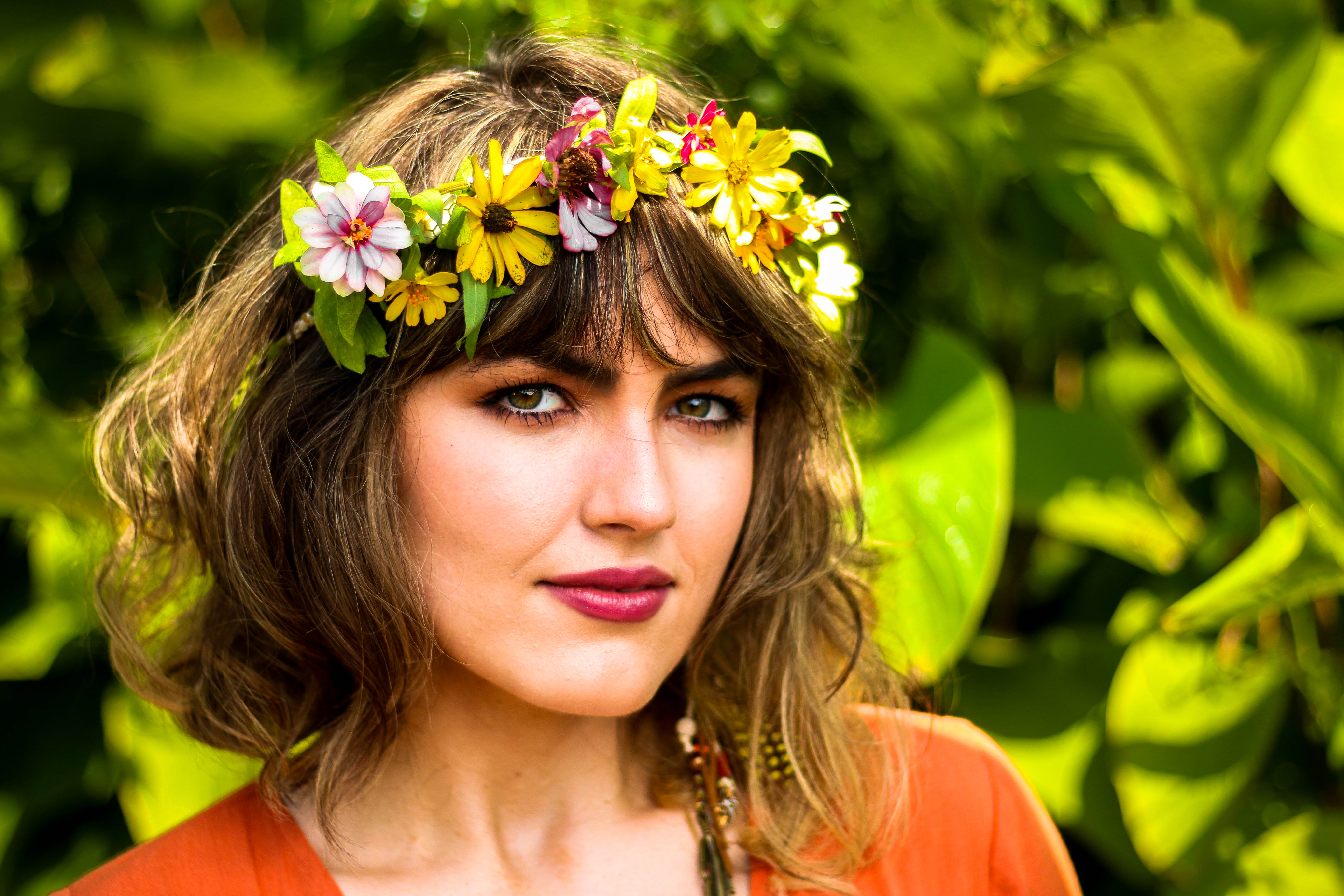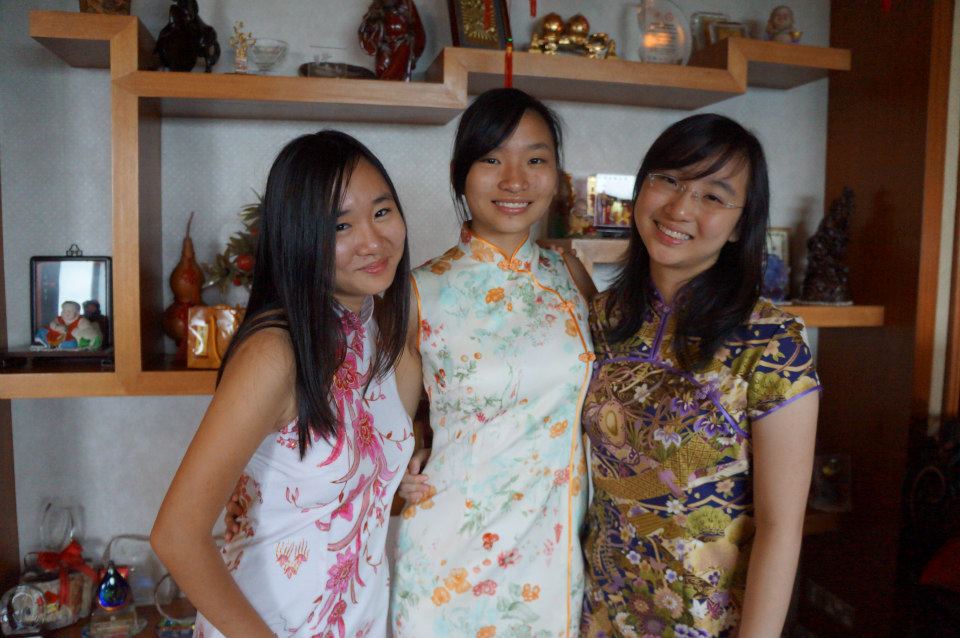
For many college students in America, the phrase “Thanksgiving break” brings thoughts of delicious food, much-needed sleep and family reunions. An American tradition most commonly known as having been started by the pilgrims to thank God for their first bountiful harvest in the “New World” that was America, it is now much more associated with turkey, dressing, green bean casserole and pants that fit just an hour ago.
Although most other countries don’t celebrate Thanksgiving, many also have other celebrations that bring the whole family together for a wonderful meal, whether it’s to give thanks or for a different reason altogether. Some OBU students, myself included, share their experiences with Thanksgiving-type celebrations around the world.
SINGAPORE
One celebration that immediately came to mind when I thought about Thanksgiving-like traditions was the Lunar New Year, also known as Chinese New Year. This celebration, observed by Chinese people all over the world, is usually held in January or February – it fluctuates as it depends on the phases of the moon – and the celebration goes on for 15 days, although in Singapore we only get two days off school plus a weekend to celebrate. On the eve of the Lunar New Year, families have a “reunion dinner” where family members gather for a big meal. This meal usually consists of foods that symbolize abundance and prosperity. When the Lunar New Year begins, people wear new clothes and visit family members and friends to wish them a happy new year. Married couples give out red packets with money in them, known as “hong baos”, to any unmarried folk.
Another celebration in Singapore that is similar to Thanksgiving is Hari Raya Haji, celebrated by Muslims to commemorate how Ibrahim (Abraham in the Christian Bible) was willing to sacrifice his son, Ishmael (believed to be Isaac in the Bible) out of obedience to God, and how God provided Ibrahim with a ram to sacrifice instead of his son. This celebration is very similar to Eid-Al-Adha in Morocco. Deepavali or Diwali, also known as the Festival of the Lights, is a Hindu festival celebrated in Singapore in October. Also one of the biggest festivals in India, Deepavali is observed to celebrate the triumph of light over darkness. Hindus dress up in new clothing and light lamps and candles throughout and around their houses. They then say prayers and have a feast with their families. Gifts are also exchanged.
MOROCCO
Each year, Muslims observe a fasting month known as Ramadan. In Morocco, after the fasting month is over, Eid-Al-Fitr is celebrated, a three-day long celebration of breaking the fast.
“Usually, big cities are empty during this holiday because everyone has gone back to their hometowns.” Oussama Er-rady, junior finance and international business major from Casablanca, Morocco, said. “For example, Casablanca, my home city, has approximately six or seven million people but many of them come from different cities. During this holiday, they travel to their original city and gather with their families to celebrate.”
Parents usually buy new clothing for their children during this celebration, and traditional meals like couscous are prepared.
Another big holiday in Morocco is Eid-Al-Adha, the tenth day of the last month of the Arabic calendar. This holiday is very similar to the celebration known as Hari Raya Haji in Singapore. It is to celebrate the miracle of Ibrahim’s son Ishmael being saved from being sacrificed. Eid-Al-Adha is observed to celebrate the greatness of God and to show commitment to God.
During Eid-Al-Adha, richer families buy a lamb to sacrifice. A third of the lamb is used to feed their family, another third of the lamb is given to neighbors and the last third is given to poorer people in the area.
“It’s an opportunity for us to show our solidarity and support for the poor people, and to show we really care about them.” Er-rady said.
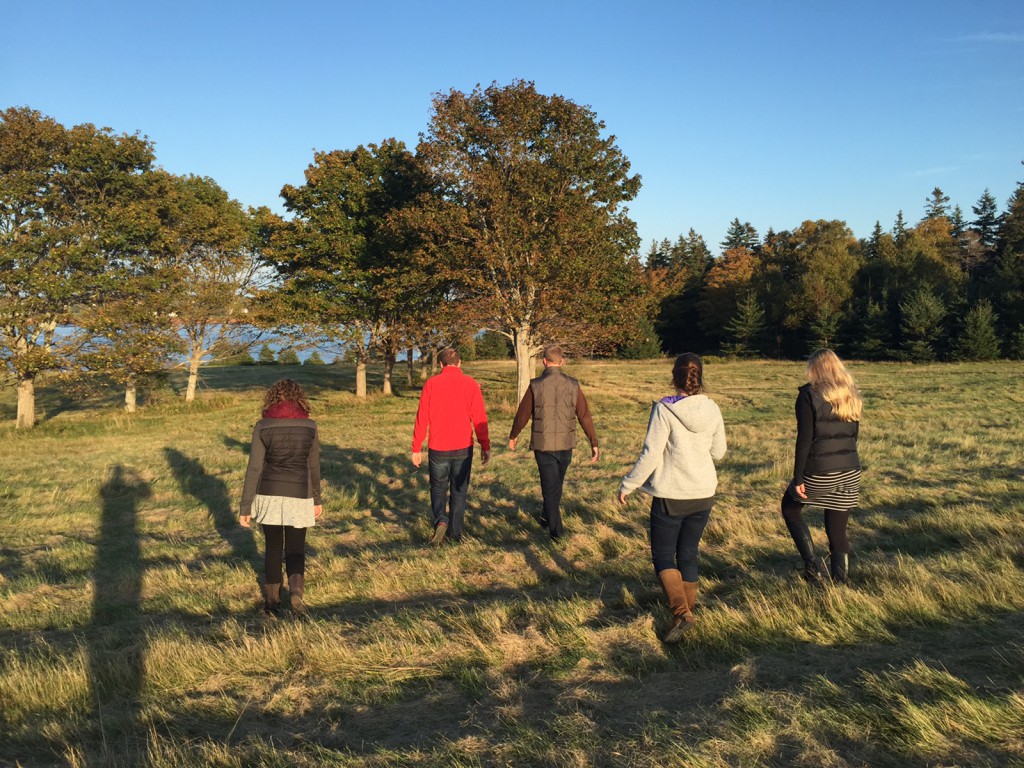
CANADA
In Canada, there’s a celebration also known as Thanksgiving, but with different traditions than there are in the U.S. Thanksgiving in Canada is observed in early October over a long weekend.
“Where I live is on the east coast, so we always have lots of food – especially seafood!” Janet Whytock, junior studio art major from Prince Edward Island, Canada, said. “It’s a lot of spending time with family, and usually going for a walk on the beach or having a bonfire.”
Decorations come in the form of pumpkins and fall-themed tables. On the Friday of Thanksgiving in Canada, people get together for a celidh, an evening of fiddle and traditional music and Scottish dancing. On Sunday, there is a Thanksgiving service at church to celebrate God’s generosity.
CHILE
A celebration known as Fiestras Patrias is celebrated all over Chile. It is celebrated on Chile’s Independence Day on September 18 as well as on the Glories of the Army on September 19. While Independence Day is the peak of the festivities, the celebration begins at the start of September with small gatherings. Some people take an entire week off work to celebrate.
“‘Fondas’ are a big thing in Fiestras Patrias. They’re like big fairs with traditional Chilean food, drink, crafts and shopping.” Angella Valencia, junior psychology and sociology double major from Santiago, Chile, said. “There’s also traditional live music and dancing, and it’s family friendly. The celebrations are really big. There can be thousands of people at one fonda!”
JAPAN
A big holiday in Japan is the Obon Festival, an “ancestor festival” observed by Buddhists in Japan. It occurs from August 13 to August 15. During this festival, people return to their hometowns to visit their ancestors’ graves with their families. Spirits are believed to return during this period, so families hold memorial services and offer food such as rice cakes, mochi (a rice flour ball containing sweet red bean paste) and zenzai (red bean soup with mochi in it) on an altar for the spirits. In addition, lanterns are lit at the entrance of each home to light the way for the spirits as they travel home.
“We believe that after we visit our ancestors’ graves, their spirits come back home with us.” Kanako Yasutake, junior psychology major from Fukuoka, Japan, who is studying English as a Second Language at OBU, said. “On the last day of Obon, we light lanterns again and go back to the graves, and our ancestors’ spirits go back to their homes.”
Families also have a big meal while they are all together in their hometowns. The food served during this big meal is usually rice or udon, but it depends on the family’s food preferences.
“Sometimes we eat Chinese food because my grandmother likes Chinese food!” Yasutake said.
By Kimberly Wong

